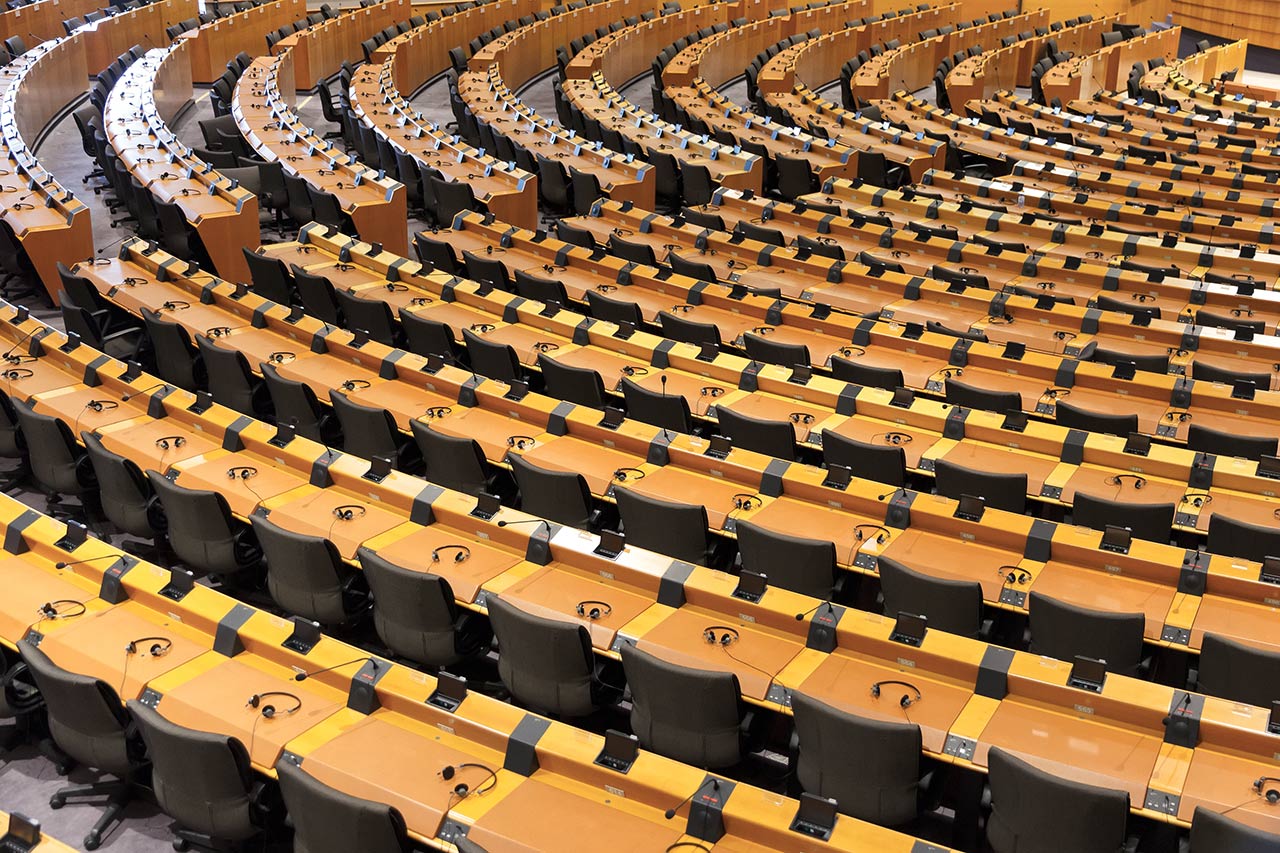Realism in International Relations
A short definition of the International Relations theory of Realism
Question
What is ‘Realism’ in International Relations?
Answer
There are three core elements of realism which are generally accepted as the foundations of the theory; anarchy, the selfish nature of humans and the state. (Donnelly, 2005)
Anarchy
The notion of anarchy refers to the lack of global government or power which consequently results in and assures the ongoing struggle for power. The state of anarchy, according to realists, does not necessarily result in open warfare but, dictates behaviour which aims to alter and change the balance of power thus, necessitating a readiness to go to war. Realist scholars, including Machiavelli (2003), noted that in the state of anarchy, the only prudent course for a state leader was to accumulate as much power as possible and pursue their national interest. To this end, military power or hard power (Nye, 1990) was the way to ultimately ensure the survival of the state and deal with the absence of a global government.
Human Nature
Heavily linked to the concept of anarchy and the pursuit of power is the belief that humans are fundamentally motivated by self-interest. This is significant to international relations theory because realists assert that this trait, under the condition of anarchy, is exacerbated so that state action is an expression of the selfish nature of humans. Statesmanship thus involves managing power, preparing for conflict and essentially seeking a less dangerous world irrespective ethical considerations of universal peace or justice (Donnelly, 2005)
The State
Unlike other International Relations theories, realism recognises the state as the primary actor in international politics. This is largely due to their ability to exercise hard power.
References
Donnelly, J. (2016). ‘Realism’. In: S. Burchill, A. Linklater, R. Devetak, J. Donnelly, M. Paterson, C. Reus-Smit and J. True, ed., Theories of International Relations, 3rd edition. New York: Palgrave Macmillan, pp.29-52.
Machiavelli, N. (2003) The Prince, London:Penguin
Nye, J.S (1990) ‘Soft Power’, Foreign Policy, Vol.80. 20th Edition, pp.153-171
